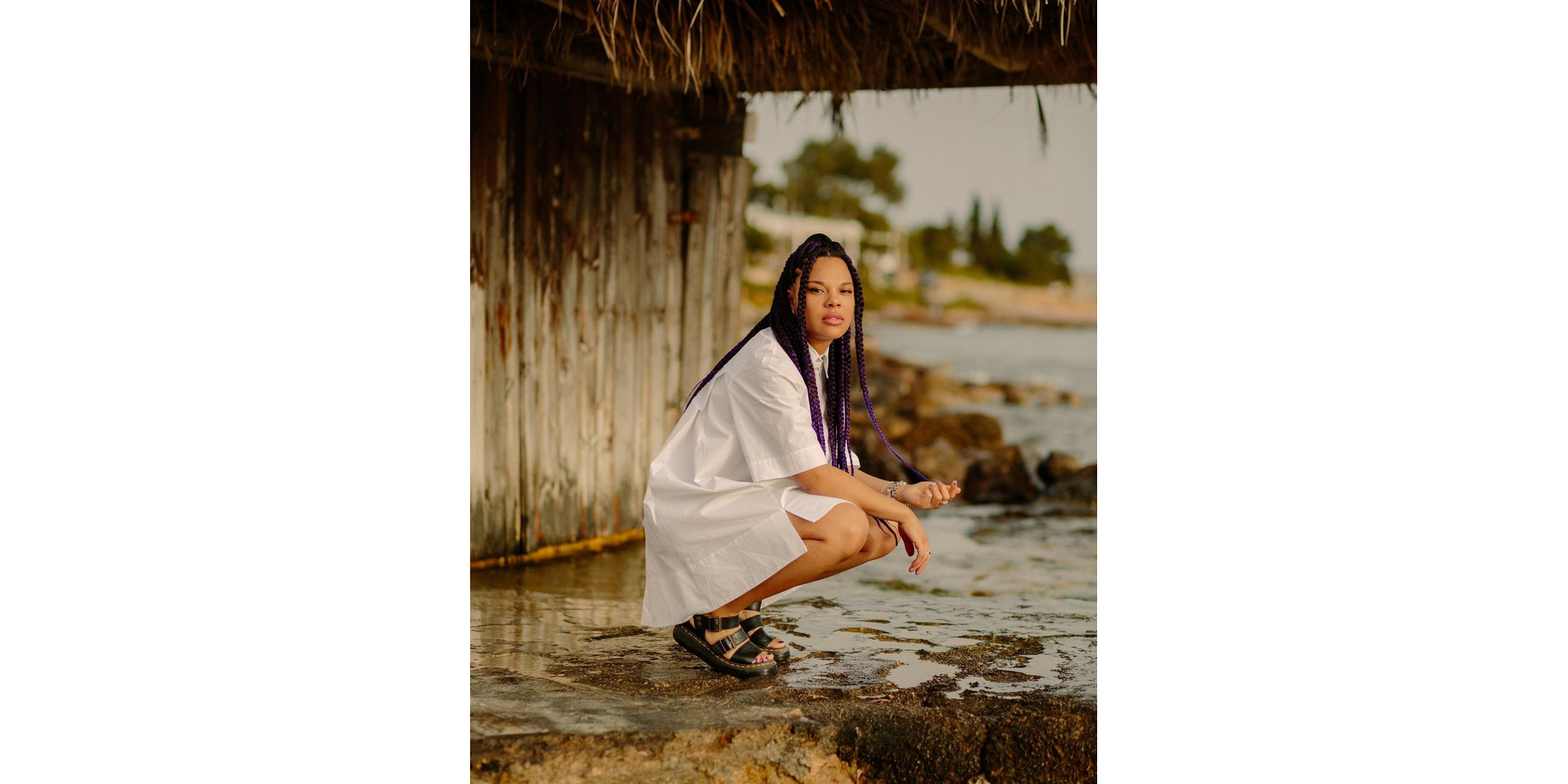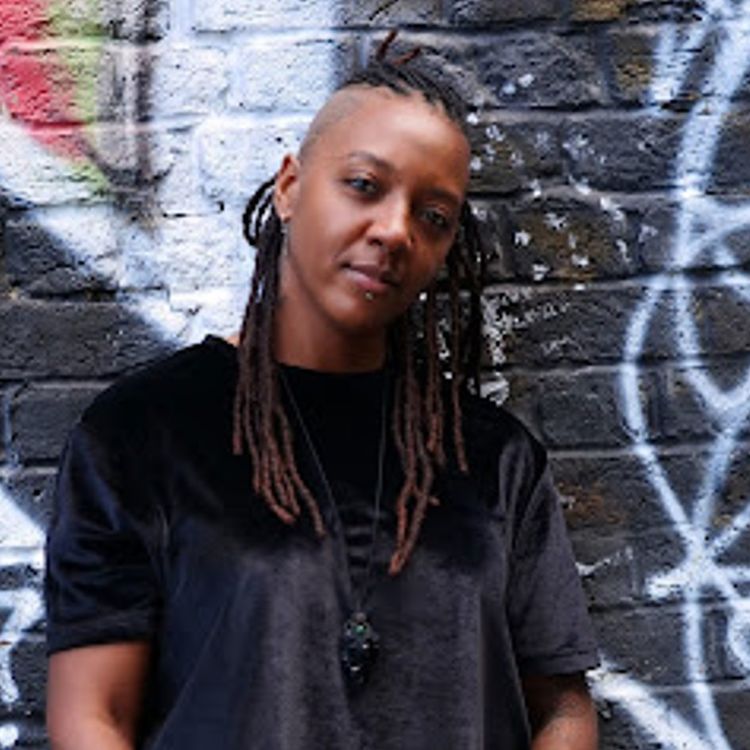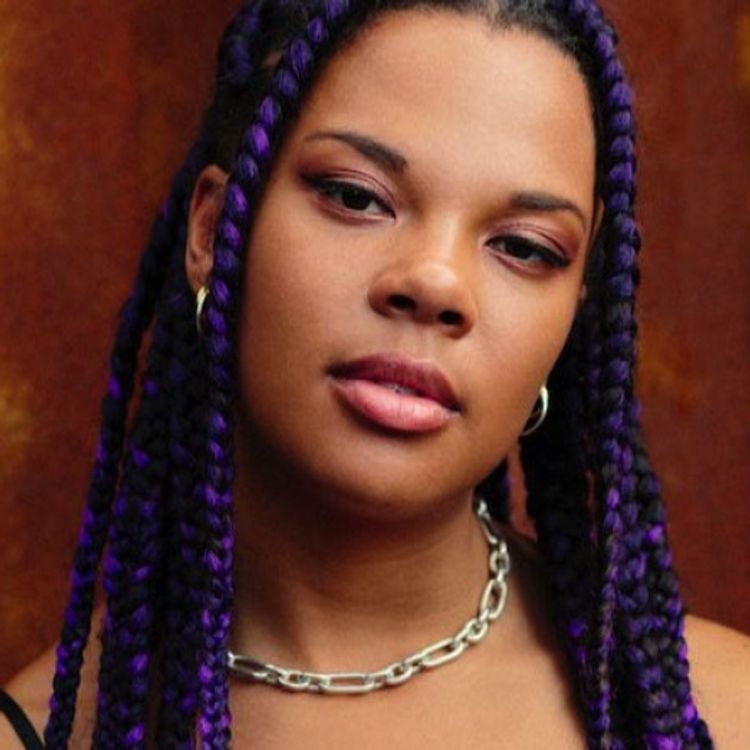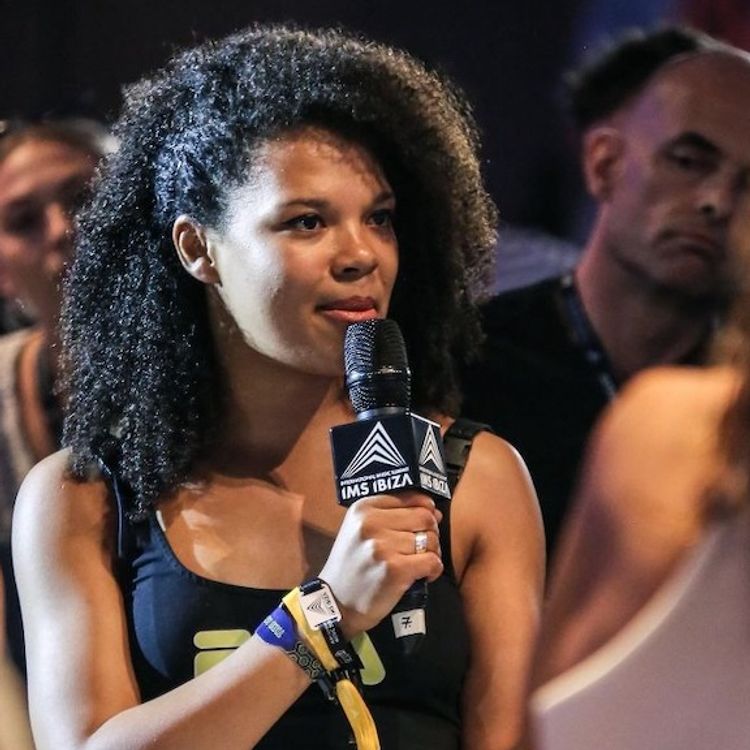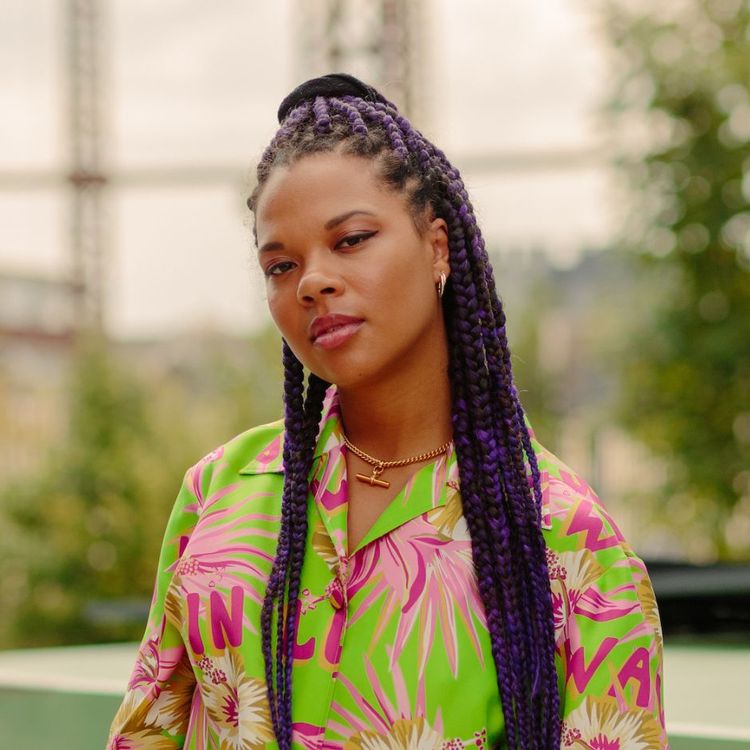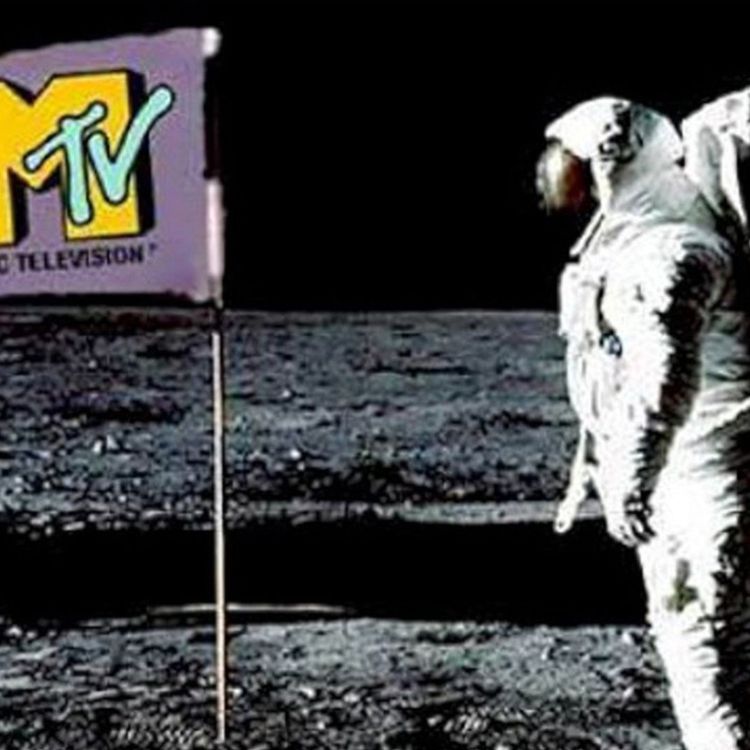How Jaguar is Breaking Gender and Racial Boundaries in Dance Music
Earlier in the month, The Jaguar Foundation published one of the most thorough studies on gender representation in U.K. dance music. While unprecedented, it is not new territory for DJ and radio host Jaguar (after whom the organization is named). Her work to level the dance music playing field for marginalized groups predates not only the report, but her tastemaking BBC program as well.

Jaguar Bingham herself identifies as queer and mixed race. Half Ghanaian and half English, she grew up on Alderney, one of the Channel Islands. Growing up around almost entirely white peers made her acutely aware that she was different. “I had a few Black friends at secondary school who I really appreciated, but in that white environment you really notice your otherness,” she said in a 2020 interview with Isabella Silvers.
Bingham was first exposed to dance music via raves organized in German bunkers on the island. She then attended university in Leeds, where she connected with the local scene and got her first taste of broadcast media hosting a show on the student radio station. 2014 saw her land an internship with BBC Radio 1, but it was her time with Reprezent Radio that saw her hone in on the curatorial style that has become her calling card.
The guests on Bingham’s show came from all walks of life. Among them were Syreeta, HAAi, Valerie Lee, and Star.One, capturing a cross section of dance music talent as diverse as it was stylistically eclectic. This experience served her well in February 2020 when BBC finally enlisted her as the new host of its long-running series, “BBC Music Introducing.”
Then, of course, came the pandemic, a reckoning that led many in dance music to reassess their commitment to social causes. This was of course already a focus for Bingham — but conversations around the Black Lives Matter movement and #MeToo resurgence gave her the perfect opportunity to make even bolder steps forward for equal representation in dance music.
May 2021 saw Bingham launch Future1000, an initiative to kickstart the electronic music careers of 1,000 female, trans, and non-binary applicants. U.K. students between the ages of 12-18 could enroll to take a free, 12-part video course on the basics of DJing, production, and radio hosting, among other things.
Then, in August, Bingham filled in as guest editor of Beatportal, leveraging the publication’s influence to platform artists like Toya Delazy, Bklava, Jess Bays, TAAHLIAH, Cici, and Meg Ward. “I firmly believe that representation is the route to reaching equality,” she wrote in a feature introducing her mission. “There’s a plethora of women, trans, and non-binary talent out there, and a lack of diversity is not acceptable anymore. We have the power to change the world. A cultural shift is happening, as we head from fearfully accepting societal ‘norms’ to questioning their very existence.”
And while she was always conscious of representation in dance music, she’s refined her curation of “BBC Music Introducing” down to a science. “There’s still a huge gap in percentage of men, women, non-binary producers, so I have to use the non-male produced tracks wisely, and spread them out between shows,” she told DJ Mag last year. “Hopefully it’s making a difference, and marginalized music can feel that this show is for them, and that their place in society is heard and cherished.”
With the recent launch of The Jaguar Foundation, it appears that Bingham’s efforts to build a more equitable dance music ecosystem are only just beginning. If the ground she’s covered thus far is any indication, though, her life work will leave a monumental impact.
